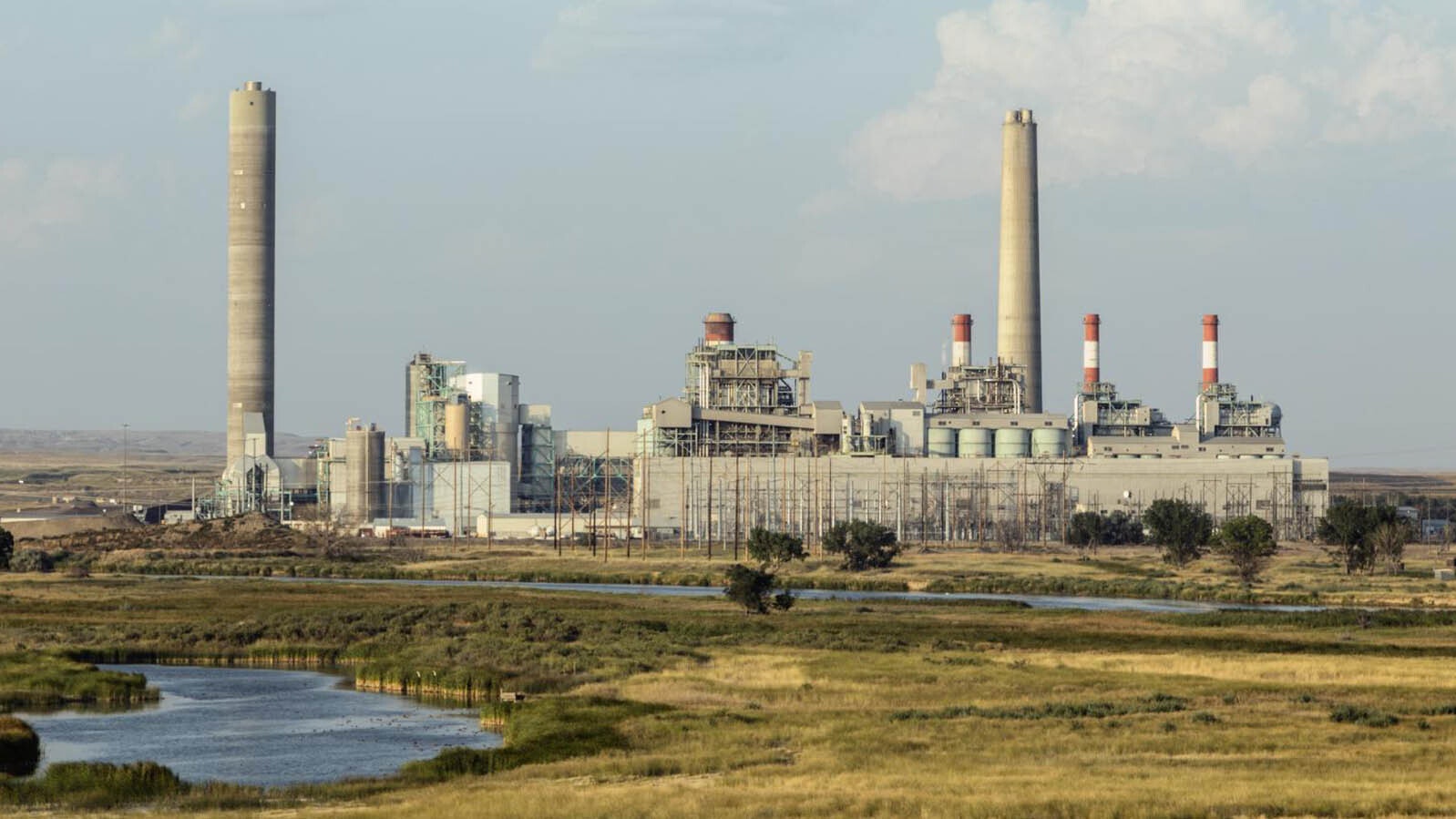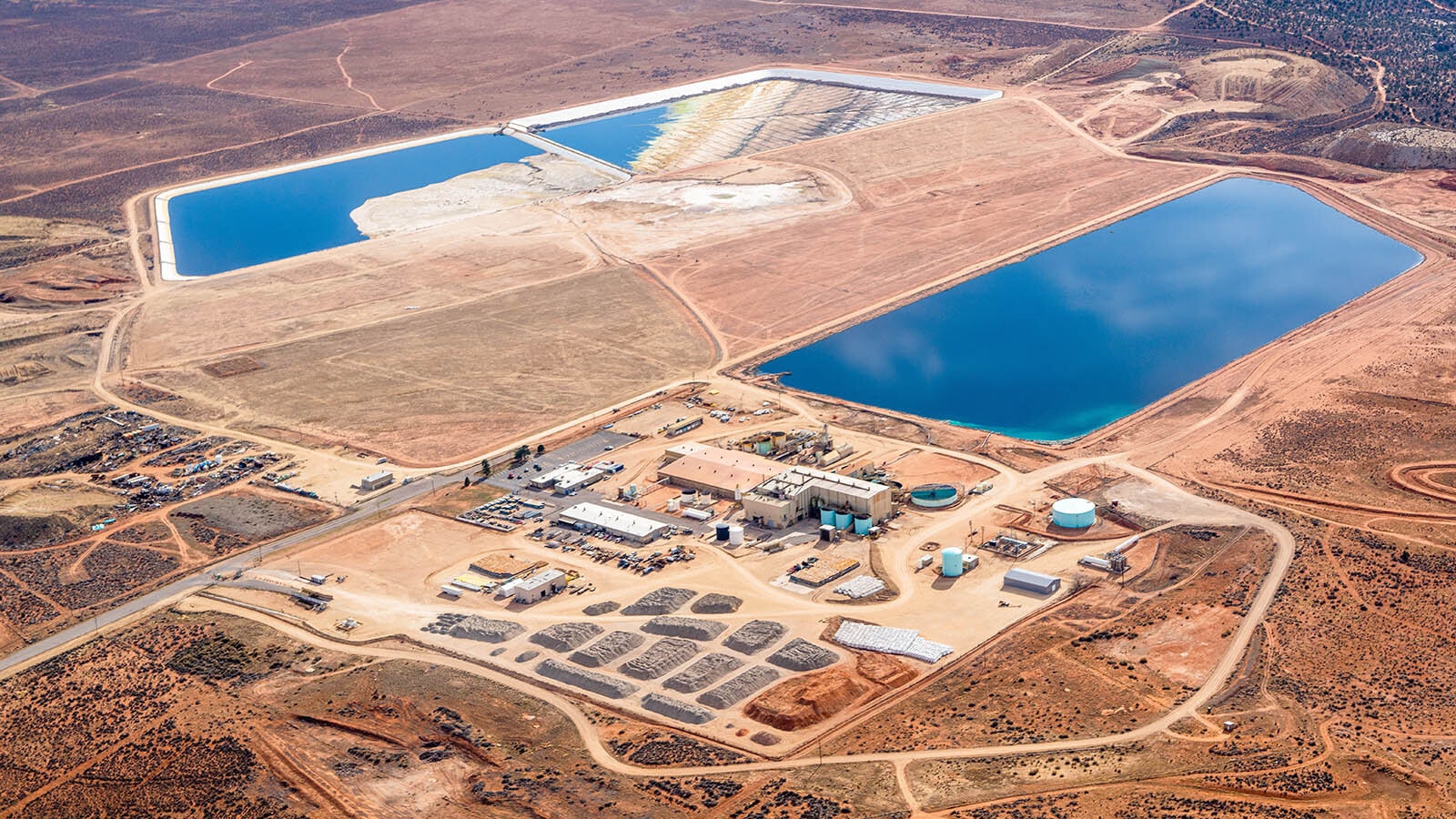The federal government made some “insulting” arguments in its efforts to maintain a moratorium on oil and gas leases on federal land, according to a former U.S. Bureau of Land Management official.
William Perry Pendley, a former Wyoming attorney who served as the BLM’s deputy director for policy and programs under former President Donald Trump, said he found “arrogant” the federal government’s arguments that it would find a way to halt lease sales on federal property even if a federal judge in Louisiana ruled the sales must resume.
“The government says ‘Even if you tell us to keep doing sales, we have the discretion to implement the postponement with another rationale, we will find another way not to obey the law,’” he said. “It’s pretty arrogant.”
U.S. District Judge Terry Doughty in Louisiana on Tuesday granted an injunction sought by 13 states to keep the administration of President Joe Biden from blocking oil and gas lease sales on federal property.
Biden several days after taking office issued an executive order halting oil and gas lease sales on federal property pending a review of the lease program.
The lawsuit filed in Louisiana alleged the halt to sales was issued without following the proper administrative steps as outlined in the Administrative Procedures Act.
The lawsuit is similar to one filed in U.S. District Court in Wyoming by Wyoming officials, who also allege that the federal government failed to follow its own rules in adopting the ban.
In his ruling, Doughty rejected several arguments by the federal government that Pendley said he found “somewhat insulting,” including one that the 13 states involved in the lawsuit did not have the authority to challenge the federal government’s actions.
“That’s pretty outrageous that a sovereign state doesn’t have the right to come into court and try to save an economy,” Pendley said.
He added that another argument that the states were not harmed by the ban because existing oil and gas leases were not affected by Biden’s actions were not accurate because of the amount of time needed to develop a leased area.
“These things take time and the leases they issue today … are going to be drilled sometime in the future,” he said. “If they are not issued today, then we will have real trouble down the road.”
Some groups have maintained that the judge’s injunction only requires the BLM to hold oil and gas lease sales and that the BLM itself has discretion over how many parcels it will actually offer during those sales.
Pendley said he could not predict whether the BLM might significantly reduce its lease offerings to comply with the desires of the administration.
“You have a Secretary (of the Interior) who says she is opposed to fracking, a president who says he is opposed to fracking and 90% of all wells are fracked, so if you lease, you are going to have fracking,” Pendley said. “It’s entirely possible, as the government lawyers told the judge, ‘We can find a way around this.’”
However, he added it might be difficult for a government attorney to argue in defense of such an action.
“I think that would be insulting,” he said. “I don’t think a court would look lightly on that. I would not want to be the state (BLM) director who goes into court and explains to the judge how I complied with the judge’s order by putting one lease up for sale.”
Doughty declared his injunction to apply to all federal properties in the country, but Pendley said he did not believe it would stop progress on Wyoming’s lawsuit, largely because of questions over whether a judge in Louisiana can issue an injunction in effect nationally.
“There is some dispute about whether those district court judges have the authority to issue nationwide injunctions,” Pendley told Cowboy State Daily. “The important thing is I don’t believe the Wyoming district court will stand down because of this.”





